Rep. Subramanyam uses ‘Tariff Bear’ to mock Trump tariffs
Subramanyam used the stuffed bear as a visual critique of what he called the negative impact of “MAGA tariffs.”
.jpeg) Suhas Subramanyam introducing Tariff Bear, / X (Suhas Subramanyam)
Suhas Subramanyam introducing Tariff Bear, / X (Suhas Subramanyam)
Congressman Suhas Subramanyam (D‑VA) introduced Tariff Bear, a plush toy deliberately priced triple that of a typical stuffed bear, to illustrate how President Donald Trump’s tariff policies have raised costs for American consumers.
Describing it as “this year’s latest (and not so greatest) toy,” Subramanyam said on the House floor, “Mr. Speaker, meet Tariff Bear. He’s cute, soft, and cuddly — and only triple the cost of a normal bear like him.”
Also Read: Still early to assess tariff impact on economy, Fed report says
Subramanyam, who represents Virginia’s 10th Congressional District, emphasized the personal impact of rising prices. “As a dad, this hits home for me. My girls are Lego Disney Princess fans,” he said highlighting the rising cost of Legos. “From Transformers to Lincoln Logs to Barbies, this administration is raising prices in our toy aisles.” he said.
He rejected the administration’s narrative of economic prosperity, stating, “I think raising costs on families buying gifts or clothes or shoes for their children does not sound very golden to me.”
Subramanyam concluded by pledging to continue working to reduce costs for families and “keep Tariff Bear where he belongs: in hibernation.”
This year’s hit toy Tariff Bear is NOT flying off the shelves. pic.twitter.com/fWxEoHKX8q
— Rep. Suhas Subramanyam (VA-10) (@RepSuhas) June 26, 2025
The demonstration came amid data showing that toy, game, and playground equipment prices rose by 2.2 percent between April and May 2025, making them the fastest-inflating consumer category.
The surge followed the Trump administration’s reimposition of 30 percent tariffs on Chinese imports in April. Experts estimate the combined impact of tariffs, supply chain adjustments, and production costs could drive toy prices up by as much as 50 to 56 percent this year.
Industry groups have responded with concern. Nearly 80 percent of toys sold in the U.S. are imported from China. The Toy Association has warned that new tariffs—ranging from 30 to 54 percent on goods from China, Vietnam, India, and Indonesia—could stifle innovation and increase the risk of non-compliant, lower-quality knockoffs entering the market.
In one significant legal response, Illinois-based educational toy company Learning Resources has filed a case challenging the constitutionality of the tariffs. The company argues that Trump overstepped executive authority by imposing the tariffs under emergency powers without congressional approval. The case is expected to be reviewed by the U.S. Supreme Court this fall.
Meanwhile, Subramanyam has joined efforts within the Congressional Dads Caucus to push back against the tariffs. At a press conference in April with Representatives Jimmy Gomez, Brad Schneider, and Steven Horsford, he called the tariffs a “self-imposed recession,” citing increased costs not only for toys but also for groceries, clothing, footwear, and prescription drugs.
ADVERTISEMENT
ADVERTISEMENT
E Paper
Video




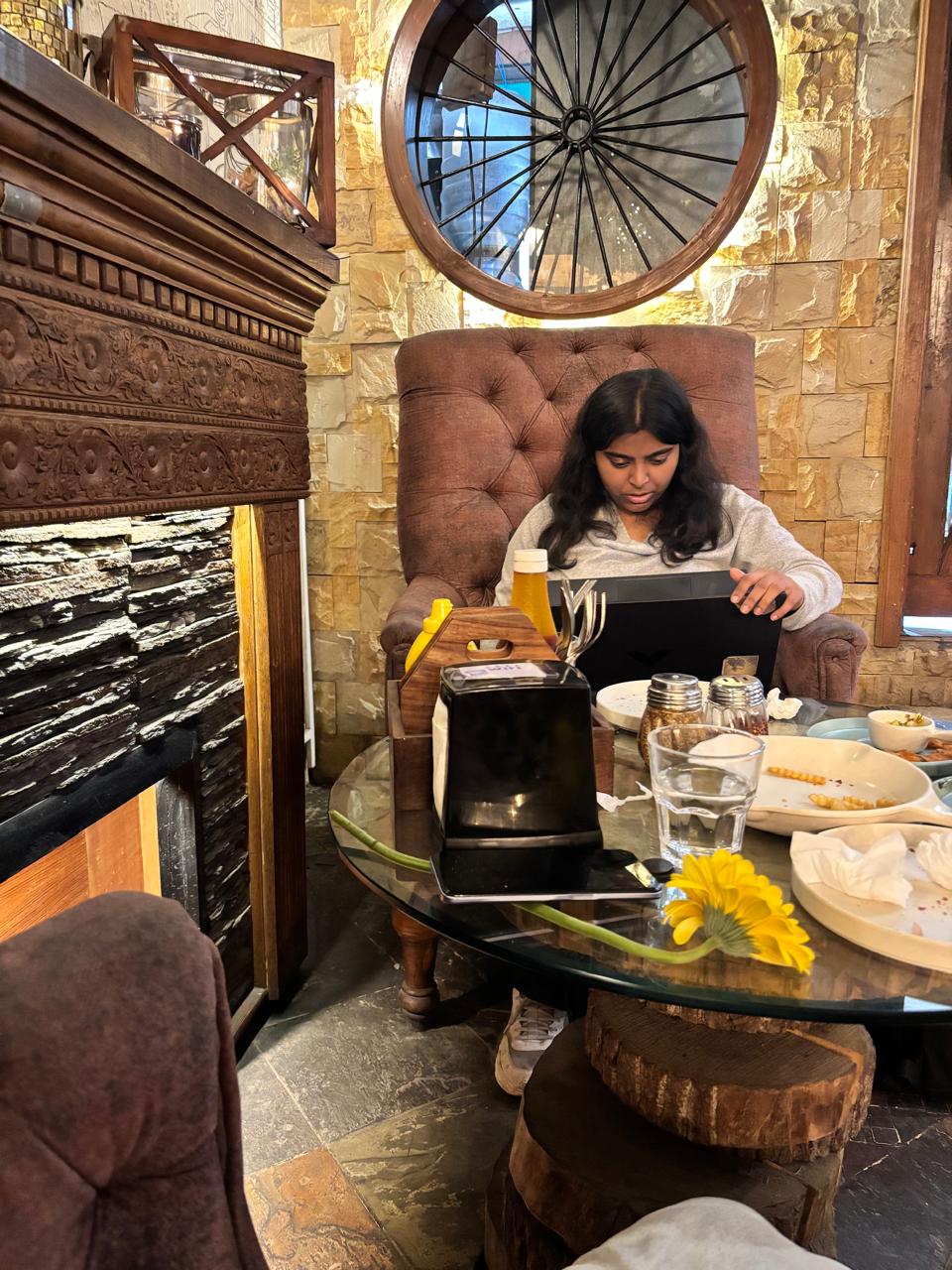 Malvika Choudhary
Malvika Choudhary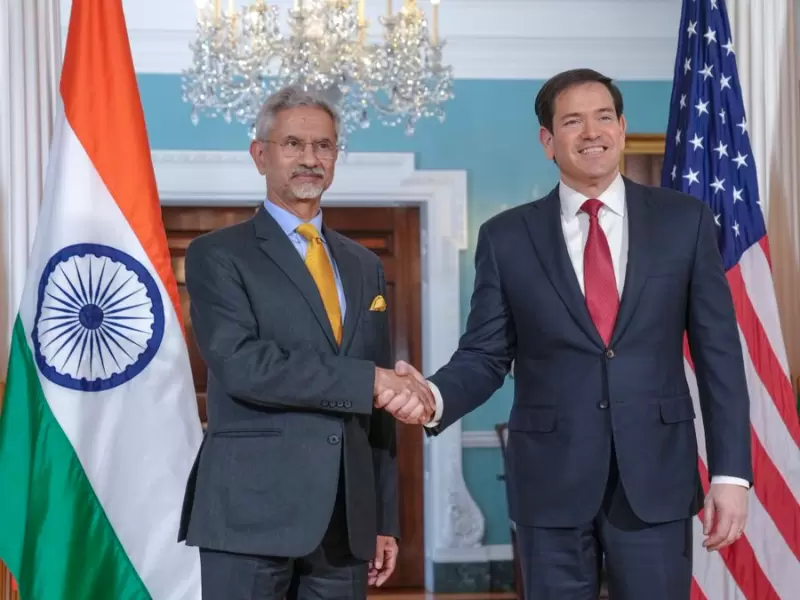
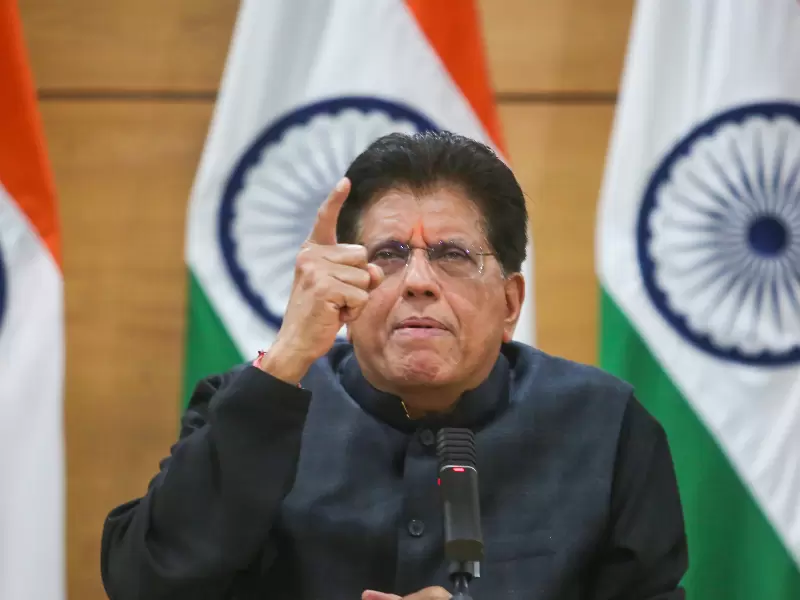
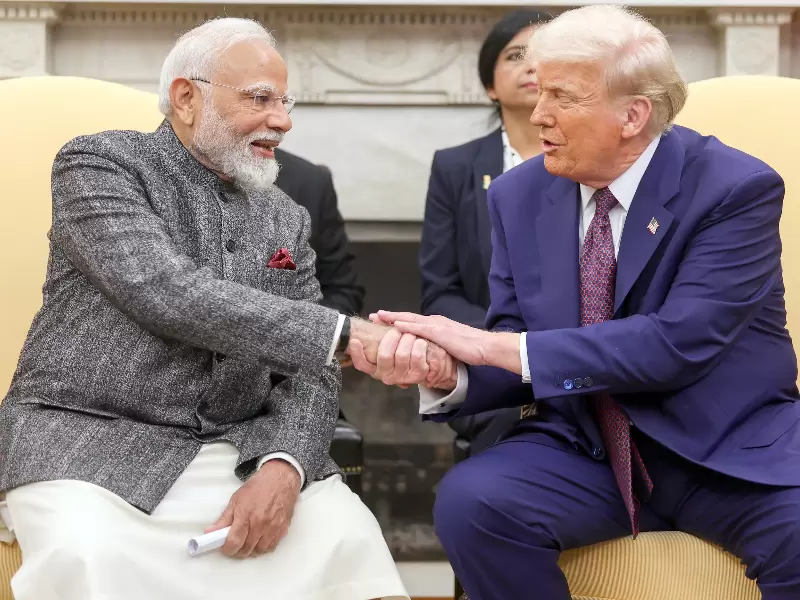




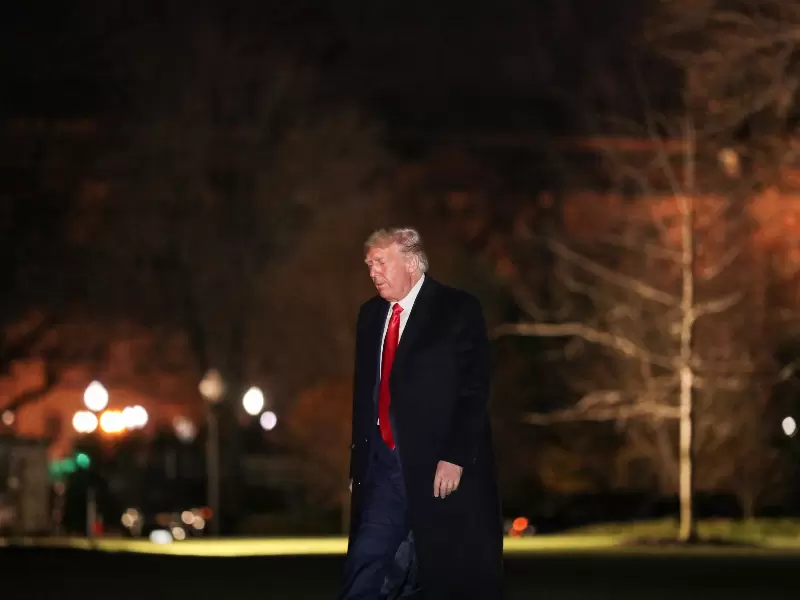






Comments
Start the conversation
Become a member of New India Abroad to start commenting.
Sign Up Now
Already have an account? Login